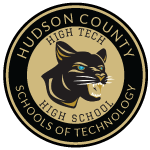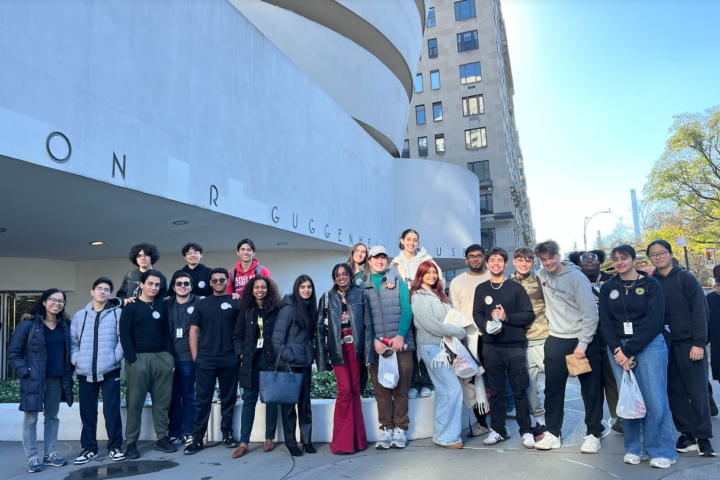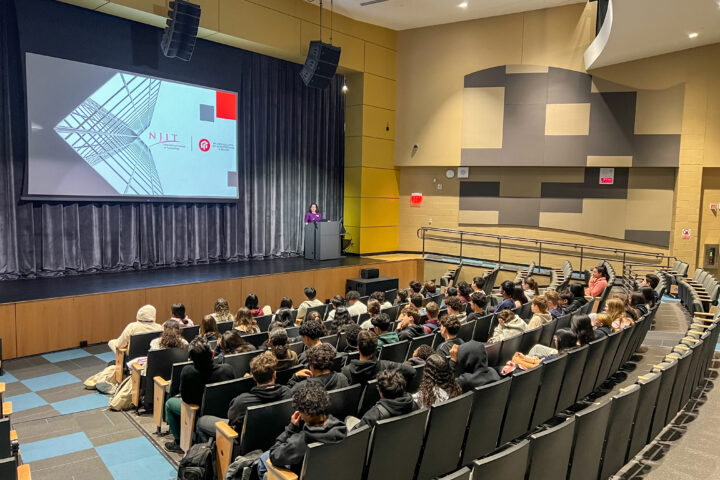(North Bergen, NJ–February 3, 2015) Dr. Dmitri Lavlinski, who teaches AP Chemistry for High Tech, has joined other High Tech teachers in connecting their coursework to Seton Hall University’s college curriculum in a program known as Project Acceleration, announced Dr. Joseph Giammarella,
Upon completion of the course, students earn college credits. Students register in September and receive grades in December for the Fall course. For Spring, students register in January and receive their grades in June. The year-long courses require registration in September, with grades being received in June as well.
Dr, Lavlinski’s AP Chemistry course serves as the equivalent to Seton Hall’s General Chemistry I (for three credits) and General Chemistry Lab I (for one credit). He joins Dr. David Cincotta in the Project Acceleration program in chemistry. Also, Jamie Velazquez teaches AP U.S. History for Project Acceleration credits, as do Michael Scerbo, who teaches AP Economics, John Jefferson for AP European History, and Mark Gutmann for AP English Literature.
Since 1978, Project Acceleration, a concurrent enrollment program within the College of Arts and Sciences at Seton Hall, has allowed all high school students in New Jersey and New York to get a head start on their university careers. Over the course of their high school career, students can earn up to 22 credits from Seton Hall for approved courses taken in their secondary schools. Subjects include mathematics, computer science, biology, chemistry, physics, economics, psychology, political science, sociology, history, communication, English, French, German, Spanish, Italian, Latin, Greek, Japanese, music, art, and education. More than 200 colleges and universities accept college credits earned through Project Acceleration. Currently, 70 high schools offer Project Acceleration courses. Approximately 3,000 students participate each year as well.




